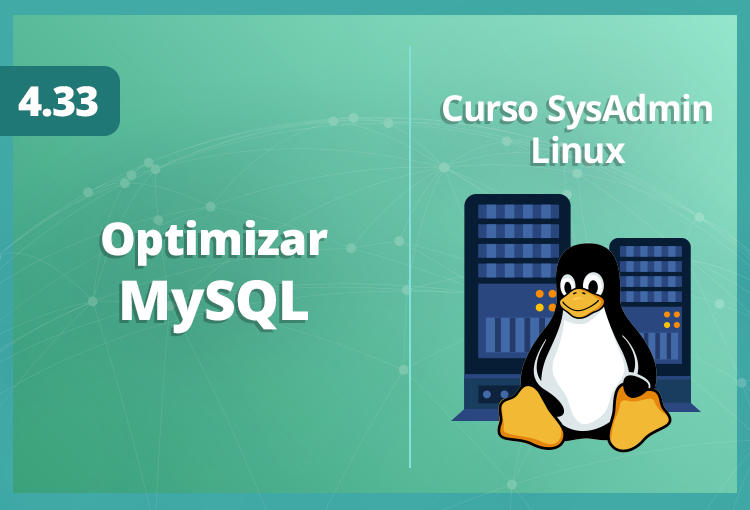Optimizing MySQL for Improved Performance
MySQL is one of the most popular open-source relational database management systems, used by millions of websites and applications worldwide. However, as with any database, performance can suffer if not optimized properly. In this article, we will discuss some tips and best practices to optimize MySQL for improved performance.
1. Use Indexes Wisely
Indexes are essential for optimizing database performance. They help to speed up data retrieval by allowing the database to quickly locate the rows that match a given condition. However, using too many indexes can slow down write operations, so it’s essential to use indexes wisely. Analyze your queries and add indexes to columns that are frequently used in WHERE clauses, JOIN clauses, and ORDER BY clauses.
2. Optimize Your Queries
Write efficient queries by avoiding the use of SELECT * and retrieving only the columns you need. Use EXPLAIN to analyze your queries and identify any slow-running queries that need optimization. Avoid using subqueries when possible, as they can be inefficient. You can also use query caching to store the results of SELECT queries in memory for faster retrieval.
3. Tune Your Server Configuration
Optimize your server configuration for MySQL by adjusting variables such as innodb_buffer_pool_size, key_buffer_size, and query_cache_size. These variables affect the performance of your database by allocating memory for caching, sorting, and other operations. Monitor the performance of your server using tools like MySQL Workbench or Percona Monitoring and Management to identify any bottlenecks or issues.
4. Regularly Update Statistics
Updating statistics regularly helps the MySQL query optimizer make better decisions about how to execute queries. Use ANALYZE TABLE to update statistics for a specific table or run OPTIMIZE TABLE to update statistics for all tables in a database. This will ensure that the query optimizer has up-to-date information about the data distribution and can make accurate query execution plans.
5. Monitor and Tune for InnoDB
If you are using the InnoDB storage engine, there are specific tuning tips that can help improve performance. Adjust variables such as innodb_buffer_pool_size, innodb_log_file_size, and innodb_flush_log_at_trx_commit to optimize the performance of your InnoDB tables. Monitor the InnoDB status using SHOW ENGINE INNODB STATUS and adjust the configuration accordingly.
6. Consider Partitioning Large Tables
If you have large tables with millions of rows, consider partitioning them to improve performance. Partitioning allows you to split a large table into smaller, more manageable segments based on a set of criteria. This can speed up data retrieval and improve query performance, especially for tables that are frequently queried for specific date ranges or other criteria.
7. Use Stored Procedures and Functions
Stored procedures and functions can help improve performance by reducing network traffic and minimizing the load on the database server. Instead of sending multiple queries to the server, you can call a stored procedure or function that performs the necessary operations on the server side. This can reduce latency and improve overall database performance.
8. Regularly Backup and Optimize Your Database
Regularly backup your database to prevent data loss in case of hardware failure or other issues. Optimize your database regularly by running tools like mysqlcheck or OPTIMIZE TABLE to defragment tables and reclaim unused space. This will ensure that your database remains efficient and performs well over time.
Conclusion
Optimizing MySQL for improved performance is essential for ensuring that your database runs smoothly and efficiently. By following the tips and best practices outlined in this article, you can optimize your MySQL database for better performance, faster query execution, and improved overall user experience.
